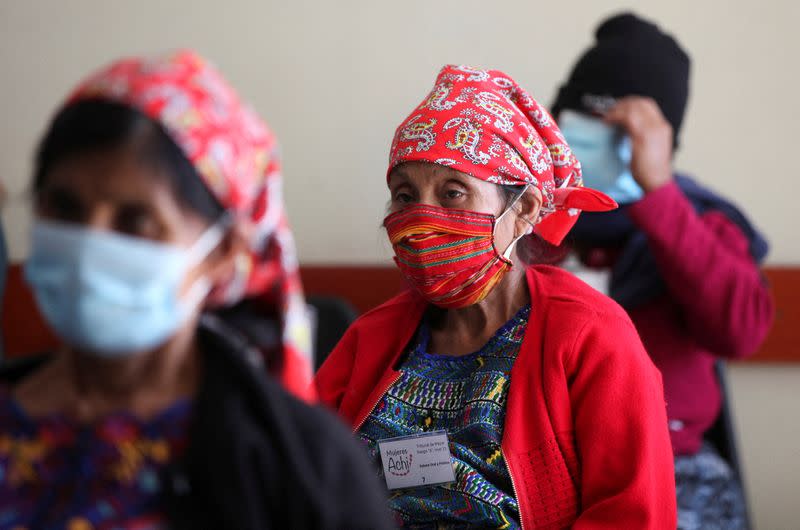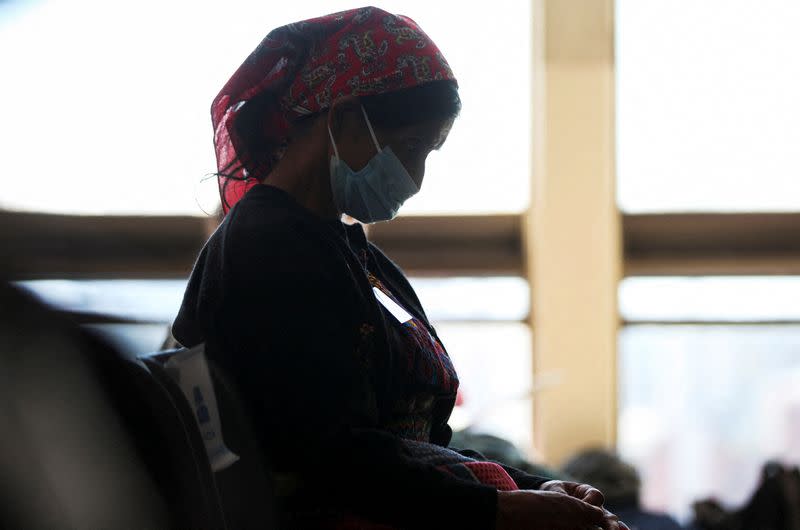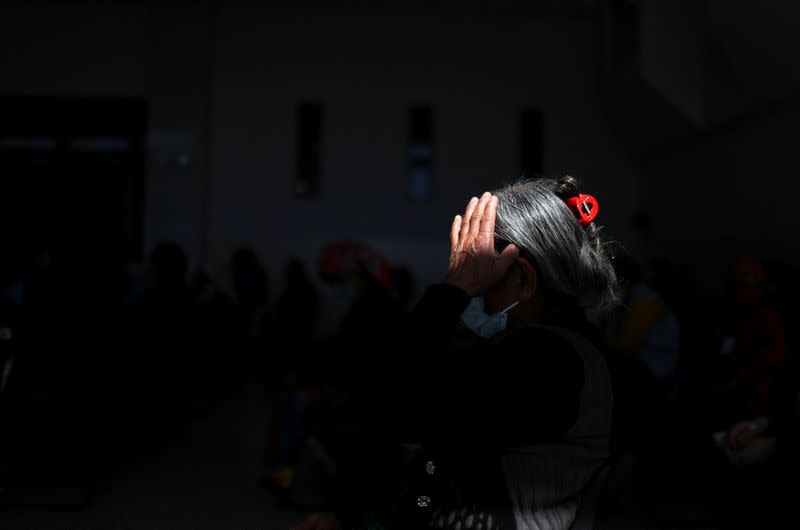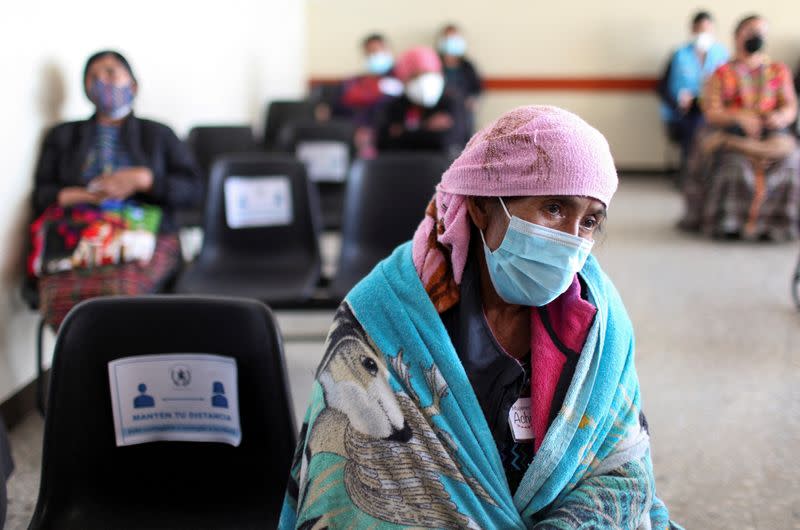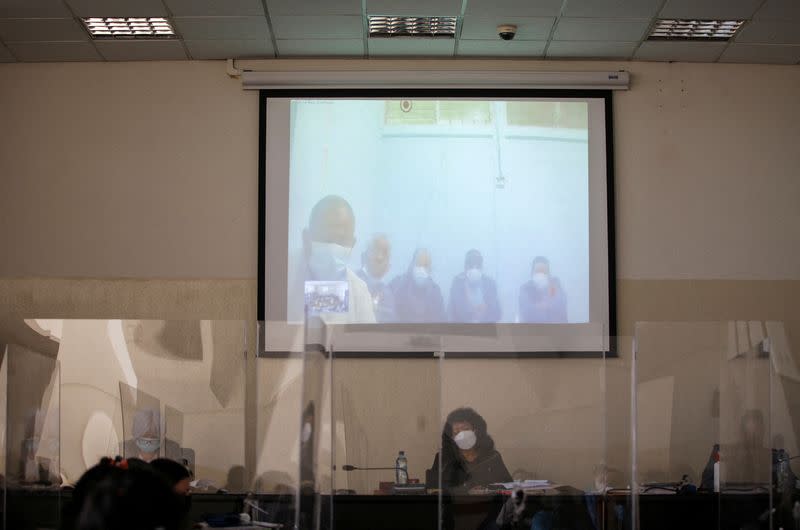Ex-paramilitaries stand trial for Guatemala civil war rape of 36 indigenous women
GUATEMALA CITY (Reuters) - Five former Guatemalan paramilitaries went on trial on Wednesday on charges of raping 36 women from the indigenous Achi group from 1981 to 1985 during the Central American country's decades-long civil war.
The paramilitary Civil Self-Defense Patrols (PACs) were created by the Guatemalan army during the conflict to control the indigenous population. Since the signing of peace agreements in 1996, they have been accused of serious human rights violations.
"The debate is going to start today, we can't postpone it," said Judge Yassmin Barrios, who presides over a "high-risk court" dedicated to cases of organized crime and corruption where the hearing is being held. She was speaking in response to a request of one of the defense attorneys that the hearing be delayed for another week.
Such courts were created after a U.N.-backed anti-corruption commission CICIG pushed reforms to investigate organized crime and corruption. CICIG itself was dissolved in 2019 after President Alejandro Giammattei did not renew its mandate.
Prosecutors told the court they had at least 200 pieces of evidence, including testimonies and expert opinions, to present regarding the rapes, alleged to have happened in Baja Verapaz, a department north of Guatemala City.
Several human rights groups hung up blankets and placed flowers outside the court in solidarity with the victims, of Maya origin.
The five former paramilitaries were captured along with three others in 2018, though the magistrate who initially brought the case against them dismissed the evidence and released them. One died before being released. After authorities re-captured the remaining ex-soldiers, two were acquitted.
"Today is a historic day not just for the Achi women of Rabinal (in Baja Verapaz), but also for the thousands of women who were victims of sexual violence in the armed conflict," said Virginia Valencia, who is representing five of the 36 alleged victims.
In 2016, two former soldiers were sentenced to a combined 360 years in prison for crimes against humanity, including sexual slavery and murder, after 15 Q'eqchi women of Maya origin brought a case to the nation's highest court.
(Reporting by Sofia Menchu; Writing by Kylie Madry; Editing by Raul Cortes and Alistair Bell)
